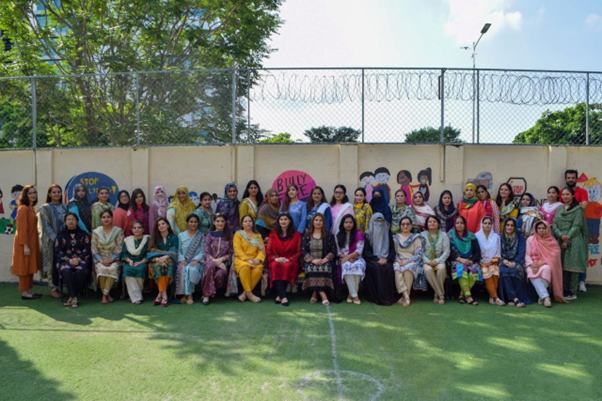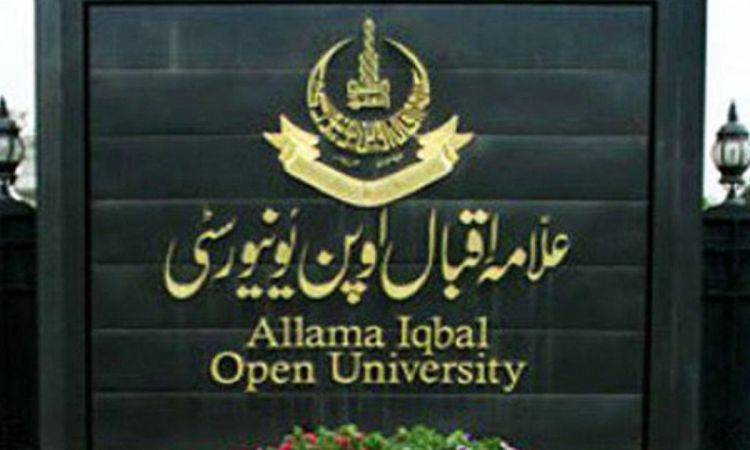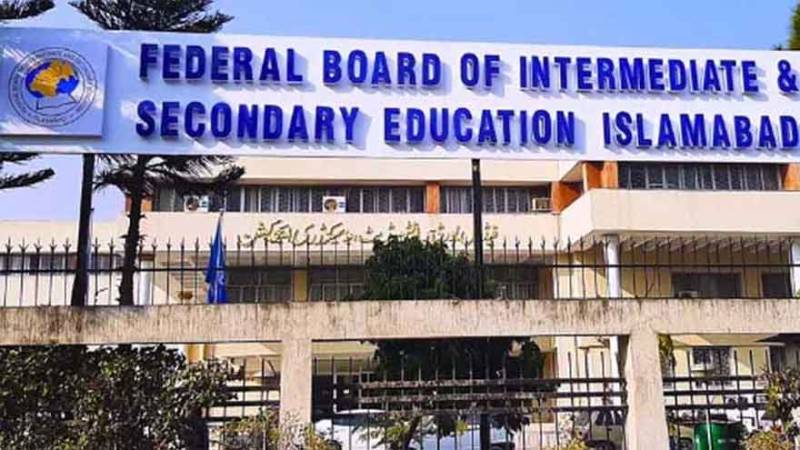
Empowering Underserved Classrooms with 21st-Century Skills and AI-Enhanced Teaching
In a transformative effort to address Pakistan’s educational equity gap, Sadia Ahmed—a widely recognized education strategist and innovation leader—has played a pioneering role in reshaping teacher development. Advancing the mission of The Citizens Foundation (TCF), Pakistan’s largest non-profit school network, Sadia has spearheaded an initiative to equip teachers with future-ready pedagogical skills, STEM literacy, and foundational exposure to AI-integrated teaching practices.
This initiative marked a major step forward in redefining teacher excellence. Leveraging her extensive experience in educational innovation and curriculum reform, Sadia articulated a bold vision: to build a national corps of empowered educators ready to guide Pakistan’s youth into the future of work and learning.
The TCF Collaboration: Scaling Impact from the Ground Up
With over 2,000 schools and 300,000+ students, The Citizens Foundation is one of the world’s largest independently operated education networks serving low-income communities. Recognizing the urgent need for systemic teacher capacity-building, Sadia was appointed by TCF as Strategic Education Executive Lead, where she led the development of a professional development framework focused on digital fluency, real-world problem solving, and integrated STEM teaching as part of this initiative:
● Teachers across Islamabad and Punjab—including TCF’s all-female faculty—were upskilled in 21st-century pedagogies.
● Selected private schools in Islamabad also adopted the training framework, aligning with national goals for inclusive, future-forward education.
● The training curriculum emphasized critical thinking, creativity, robotics, space science, and contextualized adaptations of international best practices.
“Sadia’s leadership redefined what effective teacher training could look like at scale,” said a senior official at TCF. “She brought in visionary thinking, rigorous design, and a deep commitment to equity—all of which helped us move closer to our mission of transforming education for underserved communities.”
AI for Equity: Seeding a Vision for Future Collaboration with Khan Academy
During the initial rollout of this training program in 2020, Sadia initiated strategic discussions with Sal Khan, founder of Khan Academy, to explore the long-term potential of AI-driven support for teachers and students in Pakistan. While AI-powered tools had not yet been introduced in the country at the time, both leaders recognized the opportunity to one day integrate intelligent learning assistants into underserved school systems.
These early conversations focused on preparing the foundation: enhancing teacher readiness, shaping forward-thinking pedagogical frameworks, and envisioning a localized implementation model to eventually support AI adoption. Sadia played a key role in championing a vision in which AI would augment, not replace, human instruction—particularly in bilingual classrooms and regions with teacher shortages.
Reflecting on these early conversations, Sadia shared:
“We weren’t just preparing teachers for today—we were preparing the system for what’s next. Sal and I spoke about a shared future where AI could amplify the human touch in education, not replace it. Those early seeds of collaboration continue to influence how we shape the future of learning in Pakistan and beyond.”
These forward-looking efforts continue today, laying the groundwork for a formal partnership between Khan Academy and TCF, unified by a shared commitment to equity-driven, AI-enabled education.
National Recognition and Growing Global Interest
In 2022, Sadia was honored with the Innovation in Education Award by the All Pakistan Private Schools’ Federation (APPSF) for her nationwide impact in teacher training and curriculum reform. The award recognized her leadership in integrating cutting-edge pedagogical approaches into Pakistan’s most underserved classrooms and for setting a replicable model for scalable, tech-enabled educator development.
Sadia’s work has made a meaningful contribution to Pakistan’s teacher development landscape, reaching thousands of educators across diverse communities. Her integrated approach—centered on STEM, digital tools, and practical pedagogy—is increasingly referenced in global forums focused on scalable education models in the Global South.
Reflecting on this journey, she notes:
“True change starts with teachers. If we empower them with tools like STEM, AI, and critical thinking, we unlock the potential of entire communities. TCF provided the scale, and this mission gave me a profound sense of purpose.”
Looking Ahead: Scaling a Regional Model for Impact
Sadia now aims to expand this model nationally, incorporating AI-powered learning analytics, decentralized credentialing, and performance-based teacher incentives into future platforms.
This initiative—rooted in grassroots impact, backed by cross-continental collaboration, and led with visionary intent—demonstrates what’s possible when deep tech meets public purpose.












